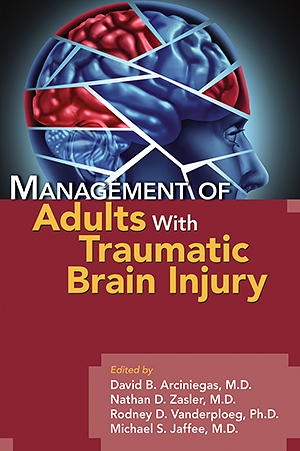Sections
Excerpt
Neuropsychology is the study of brain-behavior relationships and the impact of brain injury or disease on an individual’s sensorimotor, cognitive, emotional, and general adaptive capacities. Clinical neuropsychology is an applied science dealing with the cognitive and behavioral manifestation of brain dysfunction. As with all psychological evaluations, neuropsychological assessment involves the patient in a process of answering clinical questions and responding to unique clinical situations that vary somewhat from patient to patient and across practice settings.
Access content
To read the fulltext, please use one of the options below to sign in or purchase access.- Personal login
- Institutional Login
- Sign in via OpenAthens
- Register for access
-
Please login/register if you wish to pair your device and check access availability.
Not a subscriber?
PsychiatryOnline subscription options offer access to the DSM-5 library, books, journals, CME, and patient resources. This all-in-one virtual library provides psychiatrists and mental health professionals with key resources for diagnosis, treatment, research, and professional development.
Need more help? PsychiatryOnline Customer Service may be reached by emailing [email protected] or by calling 800-368-5777 (in the U.S.) or 703-907-7322 (outside the U.S.).



